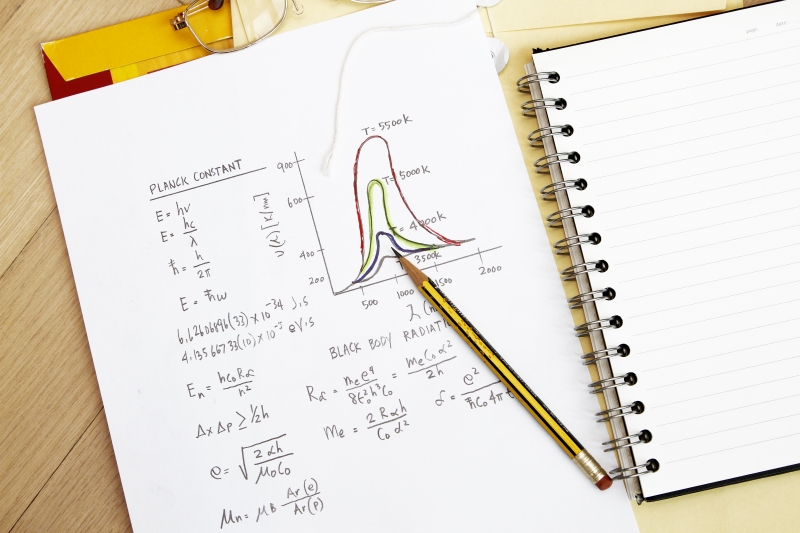 In short, a scientific theory is an explanation of a natural phenomenon supported by a large amount of evidence acquired through experimentation and accepted as valid by the scientific community. Contrary to the meaning of theory in common speech, scientific theory is not speculative but always based on facts with testable predictions. In order to be crowned as a valid theory, a contender must go through thorough testing by many scientists.
In short, a scientific theory is an explanation of a natural phenomenon supported by a large amount of evidence acquired through experimentation and accepted as valid by the scientific community. Contrary to the meaning of theory in common speech, scientific theory is not speculative but always based on facts with testable predictions. In order to be crowned as a valid theory, a contender must go through thorough testing by many scientists.
Related terms
Scientific theory is often confused with other terms. A scientific law is a description of a phenomenon that can be observed and measured and always applies under the same conditions, whereas a theory interprets and provides an explanation for the observed law(s) and can predict new ones. Laws and theories in science are both results of the scientific method which comprises a series of steps including forming and testing hypotheses. Unlike a theory, which is a working model backed with rigorous testing, a hypothesis is more like an educated guess with some evidence about why something is the way it is. Scientists temporarily accept a hypothesis as true in order to further their research, gathering evidence for or against it.
Modifications
Theories can also be rejected or modified if new evidence emerges, and modifications over time lead to more accurate theories and greater predictive powers. It is very unlikely though that the most established theories, such as the heliocentric theory that states that the earth orbits the sun, will be significantly altered by new evidence. Some other famous exhaustively tested theories include the atomic theory of matter, the cell theory, the tectonic theory and the theory of evolution.
Practical uses
Theories trump both laws and hypotheses in comprehensiveness as well as practical uses. They are not only used as a basis to increase scientific knowledge, but also to predict undiscovered phenomena, to invent new technologies and to find cures for diseases.
